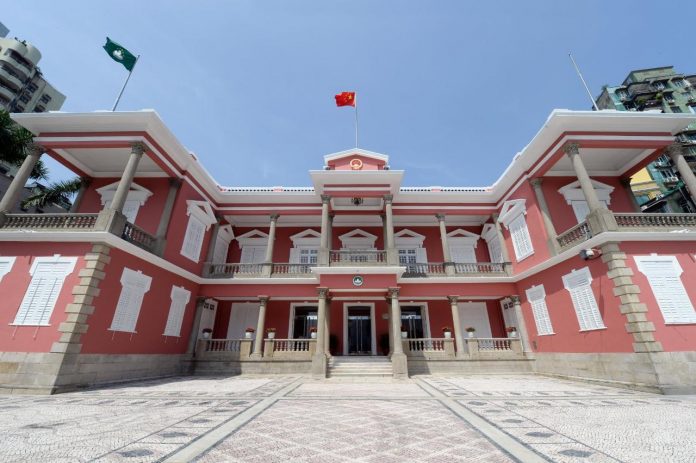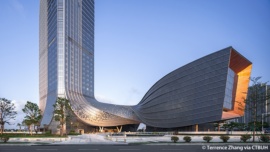By Ieong Meng U
The recent policy consultation on the Macau Youth Policy (2021-2030) has triggered a debate over which skill we would like our kids to grasp, “thinking critically” or the “ability to examine and distinguish”.
This article does not intend to discuss which term is better nor the inherent value of each system.
If the education bureau has made a careful consideration in the language used in the consultation document, the background the debate raised is a much more important problem that we should pay attention to.
According to the Basic Law, Macau’s political system is designed as an “executive-led” system ─ the Chief Executive dominates policymaking, and bill proposals from the government receive support from the Legislative Assembly.
Such a system would be efficient if the government have perfect information about society’s preferences and all policymakers are taking care of the public interest.
Unfortunately, the above-mentioned conditions are hardly satisfied.
The reality is that as Macau society has become more and more diversified, the government still relies heavily on public opinion input by several influential associations.
Cases like the Retirement Package Bill and Typhoon Hato, further demonstrated that it is difficult to hold government officials accountable even if faults are obvious.
There are two potential solutions for the above shortcomings. The first one is political reform which can provide more channels for political participation and check and balance. It is unlikely a choice, at least in the short term.
The second solution is to reform the policymaking process and the civil servant system within the existing political system in order to improve government responsiveness. It is clear that every Chief Executive in Macau made this choice.
The key for such a solution to succeed is to address what political scientist called an “information problem” which is a mismatch between social preferences and government policy, as there are no channels (e.g., election, assembly and demonstration) for the government to assess what society really wants.
Singapore and Mainland China demonstrated that the information problem can be partially solved by the practice which He and Warren called “authoritarian deliberation” in their paper “Authoritarian Deliberation: the Deliberative Turn in Chinese Development”.
At first glance, the term is confusing as deliberation is usually accompanied by democracy.
For example “deliberative democracy”, a form of democracy that encourages regular public participation in policy-making in order to overcome the shortcomings in a typical representative democracy.
By referring to the case of China, He and Warren argued that deliberation is a model of communication, deliberation thus “can occur under authoritarian conditions when rulers decide to use it as a means to form preferences and policies, but do so without institutionalized distributions of democratic powers to those affected”.
Students of Singapore Politics also had long been pointed out the People’s Action Party embraced communitarianism in addressing social conflicts, which means the government accepted constructive comments not criticism from public opinions.
The core of authoritarian deliberation therefore is not to check and balance, but a technique for the government to collect social preferences while still dominating the policymaking agenda.
Why the education bureau prefers “ability to examine and distinguish” instead of “critical thinking” then becomes clearer if following the concept mentioned above.
The implementation of authoritarian deliberation indeed is common in Macau as now public consultation before policymaking is a normal practice.
The case of Mainland China and Singapore, however, suggest that authoritarian deliberation must be mixed simultaneously with meritocracy. Without capable government officials, revealing social preferences alone is not enough to avoid policy failure.
As the cases mentioned at the very beginning of this article, we have reason to suspect this. We also have concerns about whether our government officials will listen to society even if the latter provides constructive opinions.
Again, experience from China and Singapore suggested the only way for Macau to continuously be the model for the ‘One Country, Two Systems’ principle in the age of the “ability to examine and distinguish” is by paying attention to the social preferences and try its best to respond.
About the author:
Ieong Meng U is an assistant professor at the department of government and public administration at the University of Macau. He is the editor of Macau 20 Years after the Handover: Changes and Challenges under “One Country, Two Systems”.





















